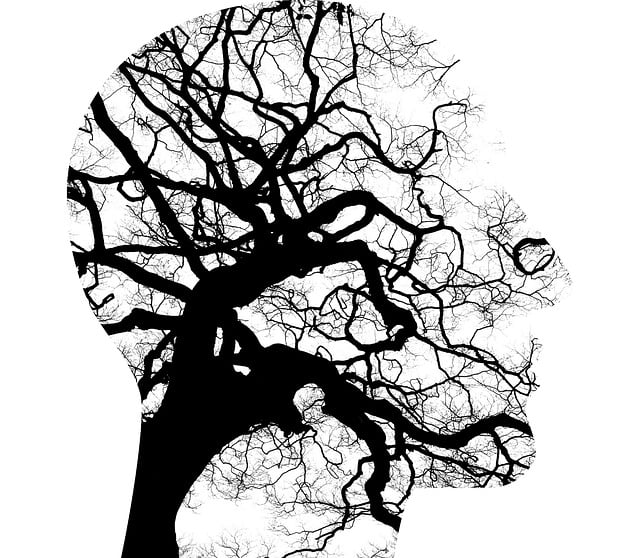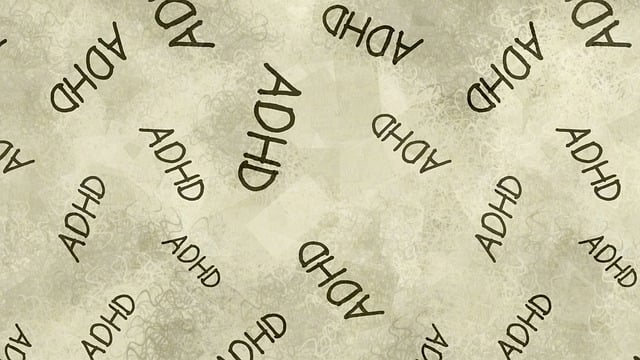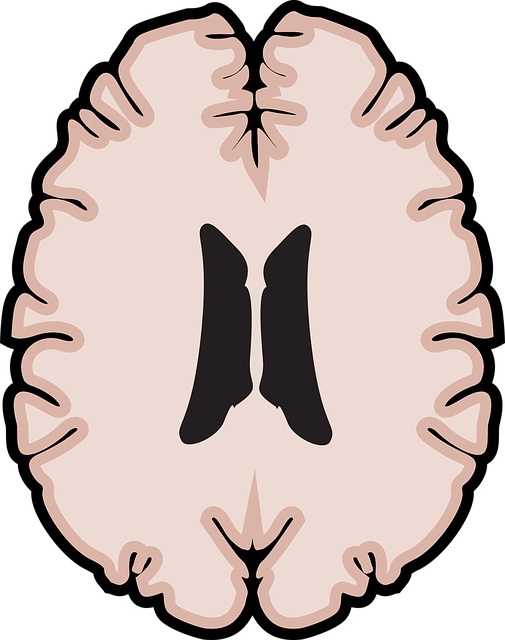Mental Health Crisis Hotlines, including specialized services like Lakewood Grief Counseling Therapy, offer immediate assistance and guidance during emotional distress. Trained professionals and volunteers provide judgment-free spaces for expression, empowering individuals to navigate crises. In the context of growing Mental Health Awareness, these hotlines promote self-care routines and evidence-based practices for better mental well-being. By combining crisis intervention with community support, Lakewood Grief Counseling Therapy equips individuals with tools to manage grief, stress, and depression, ultimately fostering resilience and holistic mental wellness.
Mental health crisis hotline support services play a vital role in providing immediate assistance during moments of distress. This article delves into the significance of these resources, focusing on the expertise of Lakewood Grief Counseling Therapy. We’ll explore how professionals navigate these crises, the access points for seeking help, and the power of building supportive networks around hotlines. Understanding these aspects can encourage individuals to connect with much-needed care, fostering resilience and recovery.
- Understanding Mental Health Crisis Hotlines
- The Role of Lakewood Grief Counseling Therapy
- Accessing and Utilizing These Services
- Building a Supportive Network Around the Hotline
Understanding Mental Health Crisis Hotlines

Mental Health Crisis Hotlines serve as vital support systems for individuals experiencing acute emotional distress or a mental health crisis. These hotlines, often operated by trained professionals and volunteers, offer immediate assistance, guidance, and resources to those in need. They are designed to provide a safe space for people to express their feelings and concerns without fear of judgment, offering a listening ear that can be incredibly empowering during challenging times.
In today’s fast-paced world, where burnout prevention is increasingly recognized as a crucial aspect of Mental Health Awareness, these hotlines play a pivotal role in promoting self-care routine development for better mental health. Whether it’s managing anxiety, depression, or coping with the loss of a loved one—such as those who seek Lakewood Grief Counseling Therapy—a simple phone call can initiate a process of healing and recovery. Hotline operators are equipped to provide immediate relief, direct individuals towards local resources, and offer strategies for navigating crises effectively.
The Role of Lakewood Grief Counseling Therapy

Lakewood Grief Counseling Therapy plays a pivotal role in addressing mental health crises, offering specialized support tailored to individuals grappling with grief and loss. This therapy isn’t just about processing emotions; it’s a comprehensive program designed to enhance mental wellness by providing tools for depression prevention. Through a blend of evidence-based practices and compassionate counseling, the service aims to help clients navigate their feelings, fostering resilience in the face of adversity.
The Lakewood Grief Counseling Therapy goes beyond immediate support, contributing to broader mental health education programs. By equipping individuals with strategies to manage grief and stress, these programs empower people to take proactive steps towards maintaining and improving their overall mental health. This holistic approach recognizes that addressing depression prevention is integral to fostering a healthy, balanced lifestyle, ultimately enriching the community’s collective mental wellness.
Accessing and Utilizing These Services

Accessing support for mental health crises is a vital step towards self-care and recovery. Many individuals, especially those dealing with grief or stress, may find solace in hotline services tailored to their needs. In Lakewood, for instance, there are dedicated resources like Grief Counseling Therapy centers that offer confidential and non-judgmental spaces to talk through difficult emotions. These hotlines often provide a first line of defense against escalating mental health issues, offering immediate assistance.
Utilizing these services is straightforward. Most hotlines operate 24/7, ensuring help is available whenever needed. Whether it’s a phone call or online chat, individuals can share their concerns and connect with trained professionals who employ effective techniques like Mind Over Matter principles and Stress Reduction Methods to guide them through the process. The Mental Wellness Podcast Series Production also plays a role by offering accessible resources that reinforce positive mental health habits.
Building a Supportive Network Around the Hotline

A mental health crisis hotline is only as effective as the network it can build around it. For instance, in Lakewood, Grief Counseling Therapy services play a pivotal role in supporting individuals experiencing emotional distress. These counseling centers don’t just offer immediate crisis intervention guidance; they also foster a sense of community and understanding. By integrating trauma support services, these facilities provide holistic care that addresses the root causes of mental health crises, not just the symptoms.
Moreover, mood management techniques are often integrated into the supportive network. This ensures that individuals not only receive urgent help during a crisis but also learn sustainable strategies for maintaining their mental well-being in the long term. Ultimately, a robust supportive network around the hotline enables more effective care, empowering individuals to navigate and overcome their mental health challenges with resilience and hope.
Mental health crisis hotline support services, such as those offered by Lakewood Grief Counseling Therapy, play a vital role in providing immediate assistance and long-term guidance during times of severe emotional distress. By accessing these resources, individuals can connect with trained professionals who are equipped to offer much-needed help. Building a supportive network around these hotlines is crucial, fostering an environment where seeking aid is encouraged and normalized. This comprehensive approach ensures that those facing mental health crises receive the care and attention they deserve, ultimately enhancing overall well-being.









